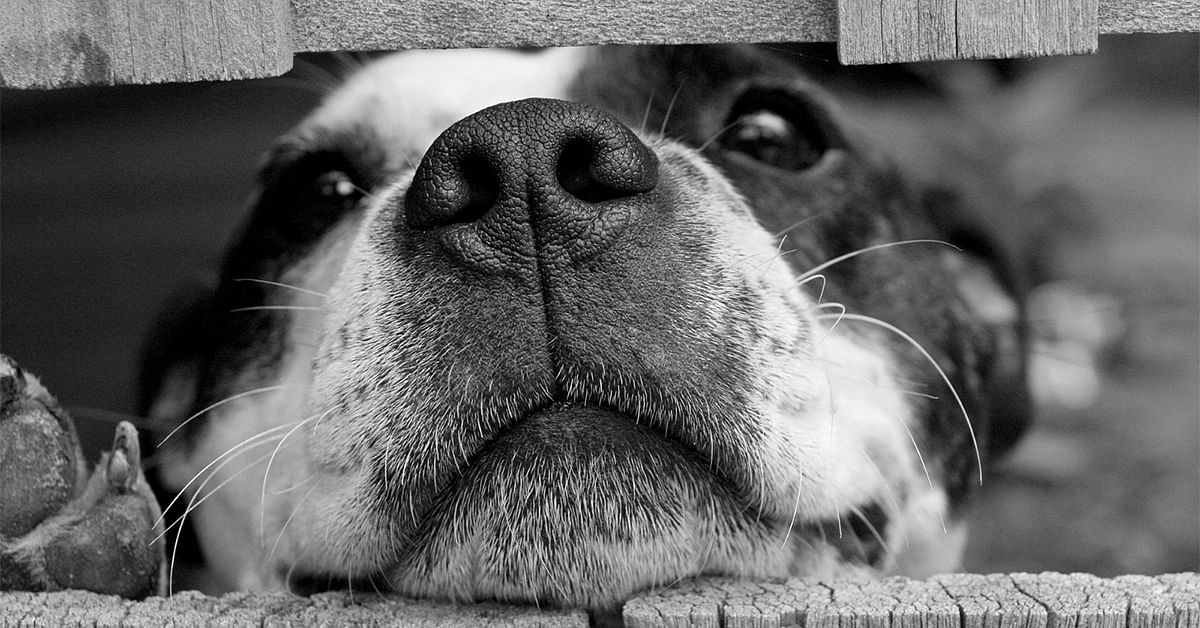Barking Dogs
Information about barking dogs and where you can get assistance.

Barking Dog Laws in NSW
While barking is a natural form of communication for dogs, excessive barking is a behavioural problem which needs to be addressed for both the wellbeing of your dog and your neighbours.
As a dog owner, you are responsible for making sure your dog does not create a nuisance by barking excessively. Understanding why dogs bark makes it easier to identify ways to reduce excessive barking.
Why do dogs bark excessively?
• Dogs are social animals and often bark due to loneliness
• Separation anxiety from owner
• Boredom and frustration
• Fear of people, objects, noise, weather conditions or other dogs
• Feeling threatened towards themselves or their territory
• Sick or injured
• Certain breeds have a reputation for barking
Local councils throughout Australia receive thousands of barking dog complaints every year, many of which are frivolous or even unfounded. While it can be a tedious and frustrating process, you will have to undertake all of these steps before you can take legal action against the owner or carer of a barking dog.
Are you troubled by barking, take these steps to take action.
Step 1 Let the owner know
If you haven’t done already, try talking to the owner of the dog and discuss the nuisance barking, it may be as simple as chatting over the fence. Your neighbour may not be aware that the dog is barking. In most cases your neighbour will do the right thing and cooperate, in which case move to step 2. If this proves to be unsuccessful move to step 3 below.
You can also use a Dear Neighbour letter.
Step 2 Wait for a while
If the owner agrees to do something about the baking, wait a few weeks to see if they have been successful in the efforts. Give them feedback, let them know what has been working or what has not been working. It's in the best interest of a harmonious neighbourhood that the matter is sorted directly by those affected.
Step 3 Contact Council
If the barking continues, fill in the Barking Dog Diary, this enables Rangers greater access to complied information. It is up to those issuing a complaint to provide proof that a dog is barking excessively and being a nuisance, which can warrant legal intervention.
A detailed diary must be kept, listing occurrences of dog barking, its duration and other details. After 7 days return the diary back to council.
Resolving a barking dog issue can be a lengthy process and requires the cooperation of the complainant and the dog's owner. Council cannot remove a dog from a premises. We will work with both parties to improve the situation utilising regulatory tools available under the Companion Animals Act where required to improve the outcome.
What next:
- If the investigation reveals that the problem is significant a Nuisance Dog Order will be served. Failure to comply with the order may result in significant fines being issued to the dog owner.
- If there is a lack of evidence the complainant will be advised to seek their own mediation through the Community Justice Centre or seek a Noise Abatement Order from the local court.
Community Justice Centre (CJC) are government-funded, but independent centres that specialise in settling differences between neighbours without entering into complicated legal processes. A CJC will suggest a mediation process.
This process will not cost you any money, and has a high success rate. For information on your nearest CJC, visit www.cjc.nsw.gov.au.
Important
- You should always talk to your neighbour to try and resolve it first.
- Not all barking is unreasonable; it is only unreasonable






Was this helpful?